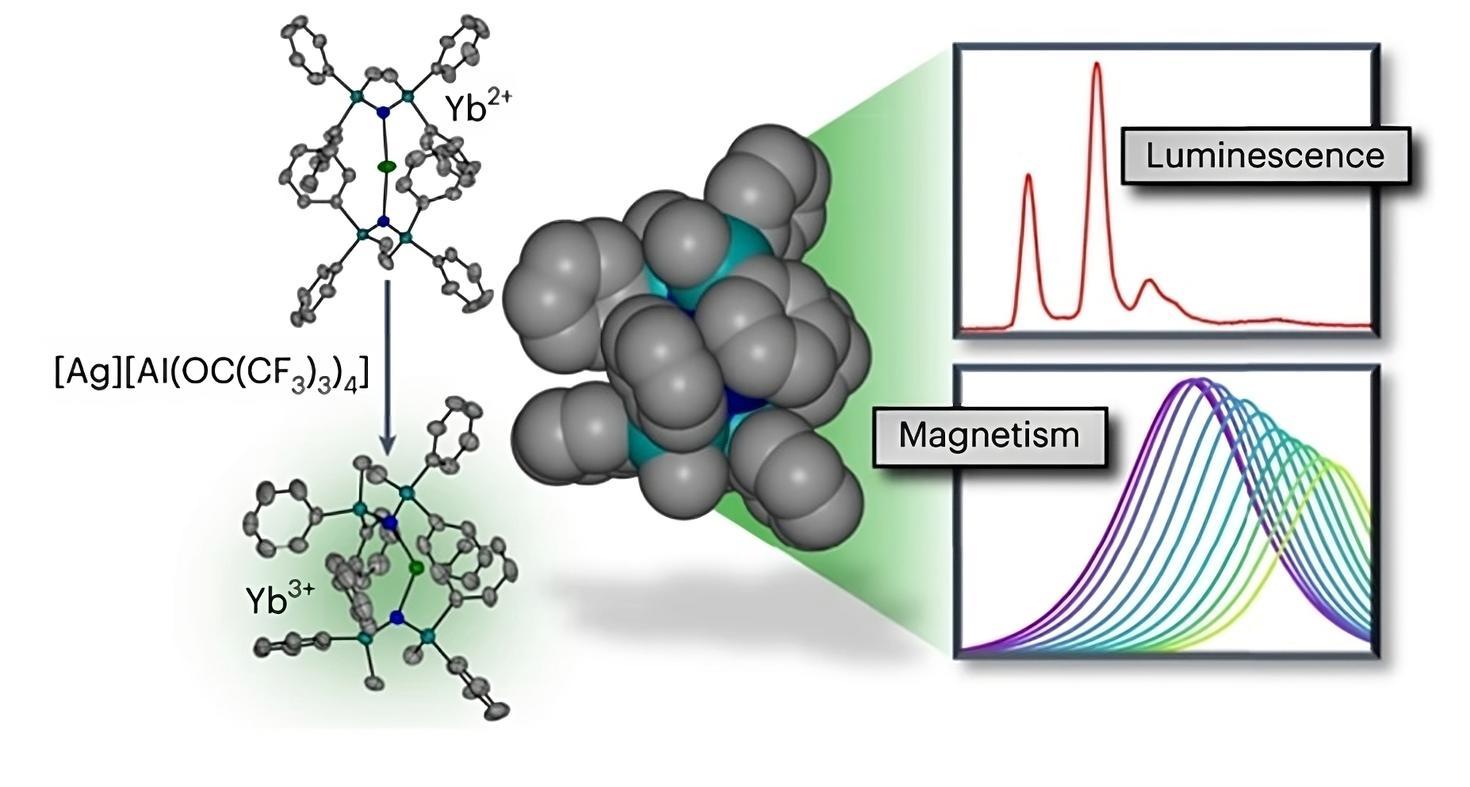SCIENCE
UOttawa prof Murugesu builds better single molecule magnets

Scientists from the University of Ottawa have invented a unique method to create better molecule-based magnets, known as single-molecule magnets (SMMs). This synthetic tour de force has resulted in a two-coordinate lanthanide complex which has magnet-like properties that are intrinsic to the molecule itself. This discovery opens the door to high-density hard disks, quantum supercomputing applications, and the creation of faster and more compact memory devices.
Lanthanide ions like to surround themselves with many organic ligands to stabilize and fill their coordination sphere. But thanks to a novel ligand design and synthetic approach, uOttawa scientists have managed to not only isolate the rare and precious two-coordinate species but also to reveal, for the first time, a huge energy level separation, just as theory had predicted. This complex is a synthetic achievement that shows the incredible potential of these molecules.
The research took place at the Department of Chemistry and Biomolecular Sciences at the University of Ottawa and was led by Muralee Murugesu, a full professor at the Faculty of Science, in collaboration with Professor Akseli Mansikkamäki from the University of Oulu, Finland, and with uOttawa post-doctoral fellows Diogo A. Gálico and Alexandros A. Kitos, as well as doctoral students Dylan Errulat and Katie L. M. Harriman. 
“We have shown very exciting results that confirm for the first time what theory had predicted before and also offer a synthetic way to make better molecular magnets. These magnets are very useful for making smaller and faster memory devices and quantum computers because they have nanoscale sizes and special quantum features, such as quantum tunneling of the magnetization or quantum coherence,” said Professor Murugesu.
A Game-Changing Discovery
“We used our CFI-funded equipment to measure the magnetic and luminescent properties of our complexes at very low temperatures, below 10 Kelvin. These measurements showed us the intricate electronic structure of our complexes. We also confirmed our findings with computational studies in collaboration with Professor Mansikkamäki at the University of Oulu, Finland,” adds Professor Murugesu.
Since 2007, the Murugesu Group at the University of Ottawa has been working on single-molecule magnets (SMMs) that can store and process information at the molecular level. This highly anticipated material promises to save energy and space to make electronics faster and better, which could change the way data is stored and usher in a new era of molecular electronics.

